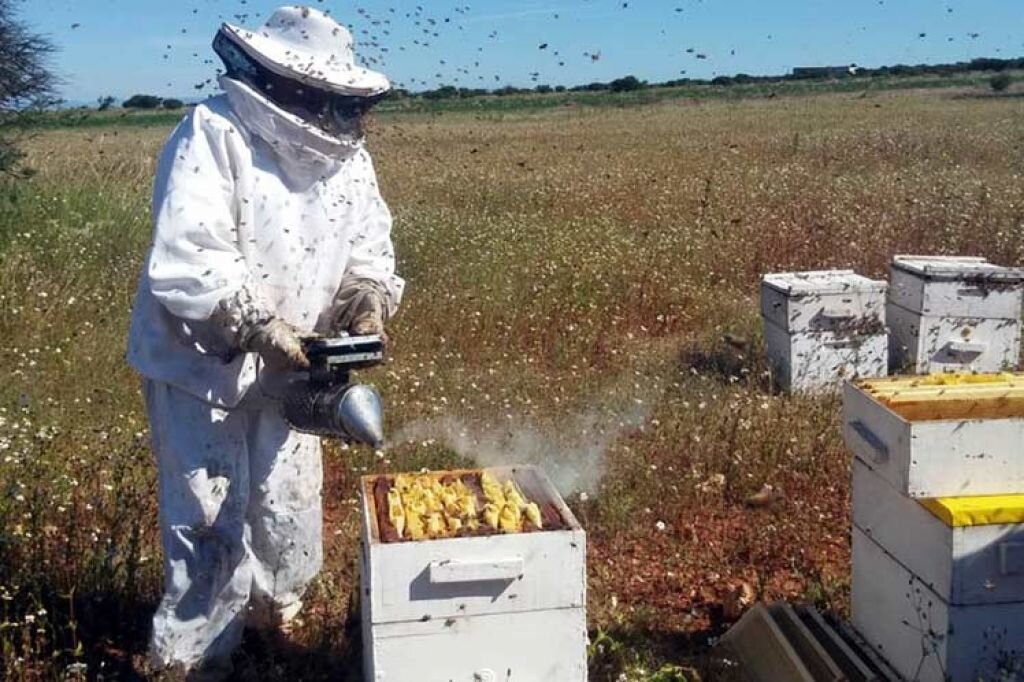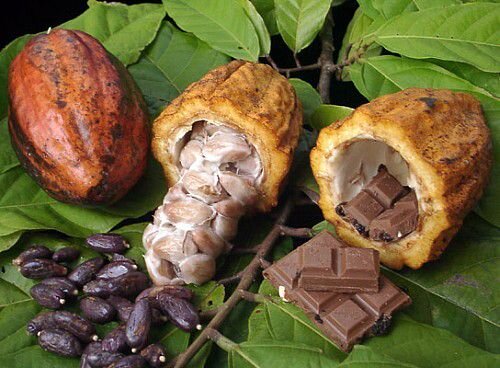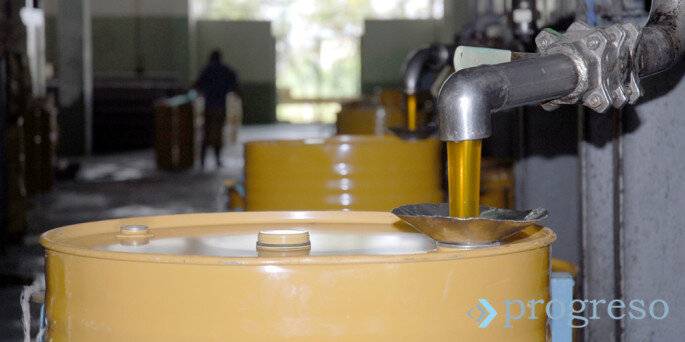Spain's Melia Hotels International CEO Confirms He Is Restricted From Entering United States Due To Libertad Act Title IV Letter; Says 50 Other Companies Impacted
/Mr. Gabriel Escarrer, Founder and CEO of Palma, Spain-based Melia Hotels International S.A., has confirmed receipt on 11 October 2019 of a Libertad Act Title IV letter from the United States Department of State. Mr. Escarrer and members of his immediate family are restricted from entering the United States.
According to a report by the Associated Press (AP): “The European Union's ambassador to Cuba, Alberto Navarro, said he was aware of 14 members of Meliá’s board and their families being subject to U.S. sanctions.”
According to the AP, “[t]he Spanish government said it was aware of only Meliá having been targeted by the State Department, not any other Spanish companies.”
Melia Hotels International reported in a statement it believes more than 50 other companies have received similar notifications.
The United States Department of State has refused to provide the number of Title IV letters sent during the Clinton Administration, Bush Administration, Obama Administration and Trump Administration. One Title IV letter may impact more than one individual- members of board of directors, individuals and families with significant ownership may also be subject to visa restrictions. The Trump Administration is believed to have issued more Title IV letters than previous administrations.
Currently, only one other company is known to remain impacted by a Title IV letter: Toronto, Canada-based Sherritt International Corporation which was sanctioned during the Clinton Administration.
Melia Hotels International S.A. has been listed as a defendant in one Title III lawsuit using provisions of the Libertad Act.
Statement From Company (2/5/2020):
Palma de Mallorca, 5 de febrero de 2020.Vistas las informaciones publicadas, Meliá Hotels International, S.A. quiere informar lo siguiente:
Confirmamos que en fecha 11/10/19, el Vicepresidente Ejecutivo y Consejero Delegado de Meliá Hotels International, S.A. recibió una carta del Departamento de Estado de los Estados Unidos de América por la que, en aplicación del Titulo IV del “Liberty Act” (también conocida como Ley Helms Burton) y en caso de no aceptar una serie de condiciones relacionadas con la actividad en la República de Cuba de empresas filiales, en un plazo de 45 días se le prohibiría el acceso a los Estados Unidos de América. Creemos que cartas similares habrían sido dirigidas a más de medio centenar de empresas con intereses en Cuba.
La Administración Estadounidense vinculaba esta notificación a la actividad que determinadas empresas filiales mantienen con entidades públicas cubanas para la gestión de dos hoteles situados en la región de Holguín, que estarían ubicados, a su entender, en una parcela de una propiedad expropiada a la familia Sanchez Hill a finales de los años 50 del siglo pasado. Cabe recordar que la demanda iniciada en España por los supuestos representantes de la familia mencionada fue desestimada íntegramente por nuestros tribunales en primera instancia.
Las condiciones impuestas por el Departamento de Estado norteamericano no resultaban asumibles por la Compañía, además de su cumplimiento ser contrario a la normativa europea (conocida como Estatuto de Bloqueo) que considera que la Ley Helms Burton infringe los más elementales principios de Derecho internacional.
En cumplimiento de la normativa comunitaria antes referida, se ha puesto en manos de las instituciones nacionales españolas y, especialmente, de las autoridades comunitarias, la resolución de esta cuestión, confiando que su dedicación, diligencia y estrecha colaboración acabarán dando una satisfactoria solución a esta situación.
Reiteramos, como no podría ser de otra manera, nuestro respeto y confianza en la implicación e impulso hacia una solución positiva por parte de las autoridades españolas y comunitarias, así como en los Tribunales, insistiendo una vez más en la lealtad, legalidad y responsabilidad con las que nuestras filiales han desempeñado siempre su gestión empresarial en Cuba, y esperamos que la presente controversia producida por la activación de los títulos III y IV de la Ley Helms Burton sea resuelta de manera favorable a los intereses de nuestro Grupo.
Previous Posts:
U.S. Shareholders Control 10.04% Of Spain's Melia Hotels; Company Reports Libertad Act/Trump Administration Impact Upon Cuba Operations
Plaintiffs Appeal Dismissal Of Lawsuit In Spain Against Melia Hotels; Plaintiffs Sue In U.S.; Why Did Melia Hotels Offer US$5 Million Then US$3,197.75?
Melia Hotels International Presents In Spain Its Response To Appeal By Plaintiffs Of Case Dismissal; Company Reportedly Receives Title IV Letter
Libertad Act
The Trump Administration has made operational Title III and further implemented Title IV of the Cuban Liberty and Democratic Solidarity Act of 1996 (known as “Libertad Act”).
Title III authorizes lawsuits in United States District Courts against companies and individuals who are using a certified claim or non-certified claim where the owner of the certified claim or non-certified claim has not received compensation from the Republic of Cuba or from a third-party who is using (“trafficking”) the asset.
Title IV restricts entry into the United States by individuals who have connectivity to unresolved certified claims or non-certified claims. One Canada-based company is currently subject to this provision based upon a certified claim.
Suspension History
Title III has been suspended every six months since the Libertad Act was enacted in 1996- by President William J. Clinton, President George W. Bush, President Barack H. Obama and President Donald J. Trump.
On 16 January 2019, The Honorable Mike Pompeo, United States Secretary of State, reported a suspension for forty-five (45) days.
On 4 March 2019, Secretary Pompeo reported a suspension for thirty (30) days.
On 3 April 2019, Secretary Pompeo reported a further suspension for fourteen (14) days through 1 May 2019.
On 17 April 2019, the Trump Administration reported that it would no longer suspend Title III.
On 2 May 2019 certified claimants and non-certified claimants were permitted to file lawsuits in United States courts.
Certified Claims Background
There are 8,821 claims of which 5,913 awards valued at US$1,902,202,284.95 were certified by the USFCSC and have not been resolved for nearing sixty years (some assets were officially confiscated in the 1960’s, some in the 1970’s and some in the 1990’s. The USFCSC permitted simple interest (not compound interest) of 6% per annum (approximately US$114,132,137.10); with the approximate current value of the 5,913 certified claims US$8,521,866,236.75.
The first asset to be expropriated by the Republic of Cuba was an oil refinery in 1960 owned by White Plains, New York-based Texaco, Inc., now a subsidiary of San Ramon, California-based Chevron Corporation (USFCSC: CU-1331/CU-1332/CU-1333 valued at US$56,196,422.73).
The largest certified claim (Cuban Electric Company) valued at US$267,568,413.62 is controlled by Boca Raton, Florida-based Office Depot, Inc. The second-largest certified claim (International Telephone and Telegraph Co, ITT as Trustee, Starwood Hotels & Resorts Worldwide, Inc.) valued at US$181,808,794.14 is controlled by Bethesda, Maryland-based Marriott International; the certified claim also includes land adjacent to the Jose Marti International Airport in Havana, Republic of Cuba. The smallest certified claim is by Sara W. Fishman in the amount of US$1.00 with reference to the Cuban-Venezuelan Oil Voting Trust.
The two (2) largest certified claims total US$449,377,207.76, representing 24% of the total value of the certified claims. Thirty (30) certified claimants hold 56% of the total value of the certified claims. This concentration of value creates an efficient pathway towards a settlement.
Title III of the Cuban Liberty and Democratic Solidarity (Libertad) Act of 1996 requires that an asset had a value of US$50,000.00 when expropriated by the Republic of Cuba without compensation to the original owner. Of the 5,913 certified claims, 913, or 15%, are valued at US$50,000.00 or more. Adjusted for inflation, US$50,000.00 (3.70% per annum) in 1960 has a 2019 value of approximately US$427,267.01. The USFCSC authorized 6% per annum, meaning the 2019 value of US$50,000.00 is approximately US$1,649,384.54.
The ITT Corporation Agreement
In July 1997, then-New York City, New York-based ITT Corporation and then-Amsterdam, the Netherlands-based STET International Netherlands N.V. signed an agreement whereby STET International Netherlands N.V. would pay approximately US$25 million to ITT Corporation for a ten-year right (after which the agreement could be renewed and was renewed) to use assets (telephone facilities and telephone equipment) within the Republic of Cuba upon which ITT Corporation has a certified claim valued at approximately US$130.8 million. ETECSA, which is now wholly-owned by the government of the Republic of Cuba, was a joint venture controlled by the Ministry of Information and Communications of the Republic of Cuba within which Amsterdam, the Netherlands-based Telecom Italia International N.V. (formerly Stet International Netherlands N.V.), a subsidiary of Rome, Italy-based Telecom Italia S.p.A. was a shareholder. Telecom Italia S.p.A., was at one time a subsidiary of Ivrea, Italy-based Olivetti S.p.A. The second-largest certified claim (International Telephone and Telegraph Co, ITT as Trustee, Starwood Hotels & Resorts Worldwide, Inc.) valued at US$181,808,794.14 is controlled by Bethesda, Maryland-based Marriott International.
























